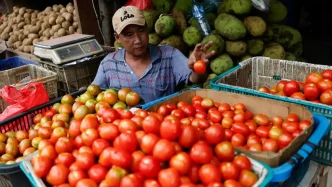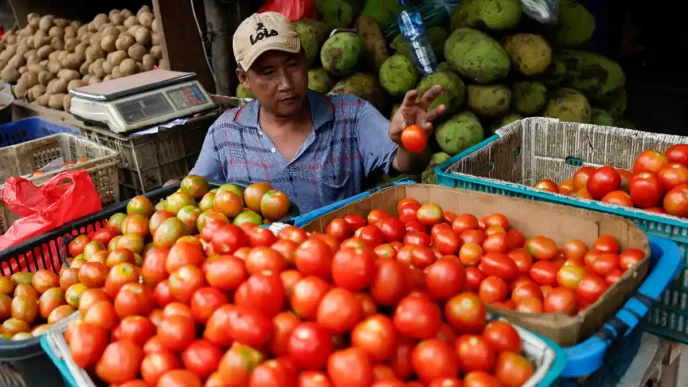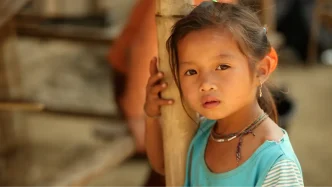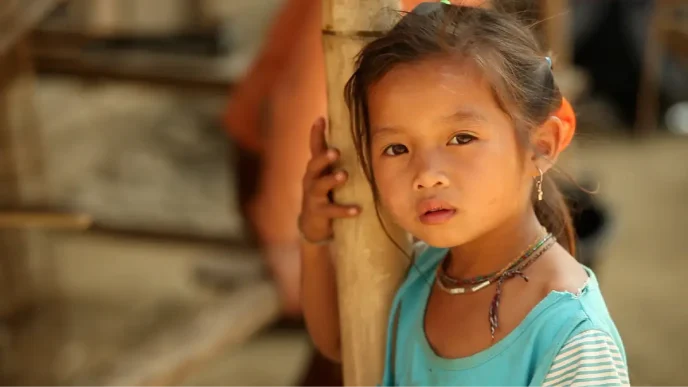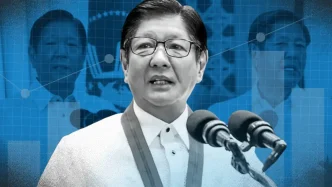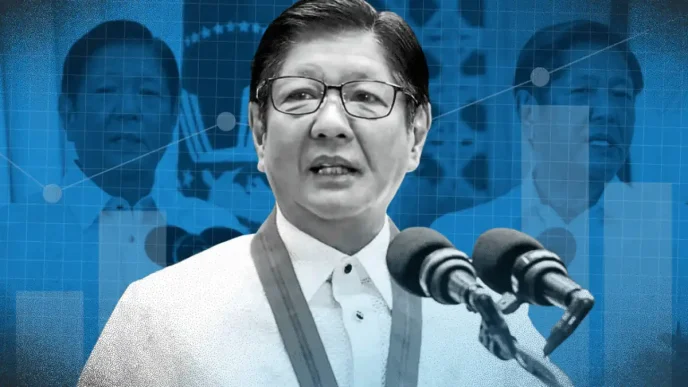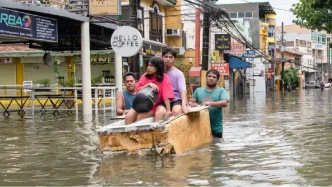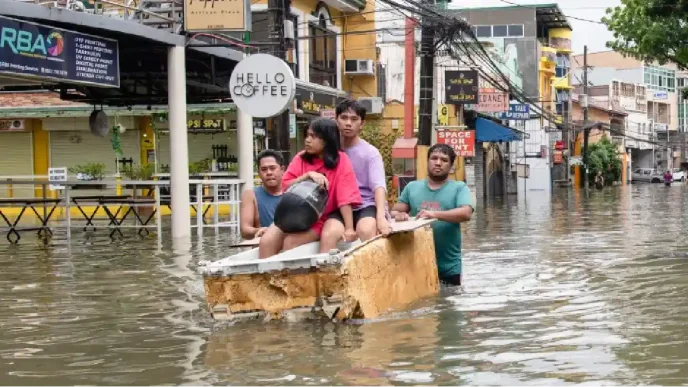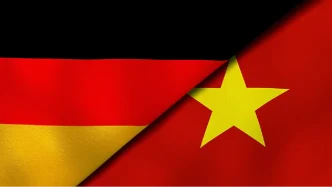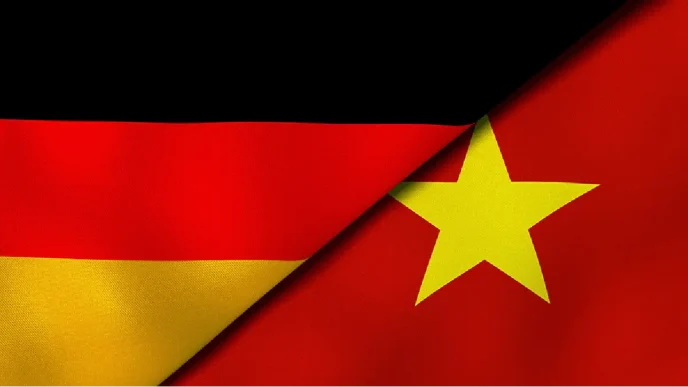Ha Noi, Vietnam – As Vietnam navigates a complex geopolitical environment in 2025, the nation stands at a critical juncture. With global economic pressures mounting and regional tensions simmering in the South China Sea, the Communist Party of Vietnam (CPV) faces both domestic and international challenges. Recent policy announcements suggest a push toward incremental reforms, though questions linger about their scope and impact on the country’s tightly controlled political system.
Domestic Pressures and Policy Shifts
In early April 2025, the CPV signaled a renewed focus on economic modernization while maintaining its grip on political power. Official statements from Ha Noi emphasized the need to balance growth with stability, a recurring theme in Vietnam’s development narrative. According to a spokesperson quoted by Vietnam News on April 25, 2025, “The Party remains committed to socialist principles while adapting to global demands” said the official. This dual approach aims to address rising public expectations for better living standards amid inflation concerns, with consumer prices reportedly up by 4.2% year-on-year.
Analysts note that Vietnam’s leadership is walking a tightrope. Urban centers like Ho Chi Minh City and Ha Noi have seen growing calls for transparency in governance, particularly around infrastructure projects. A recent government initiative to digitize public services, budgeted at 1.2 trillion Vietnamese Dong (US$48 million), has been met with mixed reactions. While some citizens praise the move as a step toward efficiency, others question whether it will genuinely improve access or simply reinforce state oversight.
Regional Dynamics and Foreign Policy
On the international stage, Vietnam continues to assert its position in the South China Sea, a hotspot for territorial disputes. Recent maritime activities near the Spratly Islands have drawn scrutiny from neighboring countries and global powers alike. While no official escalation has been confirmed as of April 25, 2025, posts on X from regional observers suggest heightened naval presence in disputed waters. Vietnam’s Foreign Ministry has reiterated its commitment to dialogue, with a statement emphasizing “peaceful resolution through international law” said a representative.
At the same time, Vietnam is deepening ties with major economies. Trade agreements with the European Union and participation in the Regional Comprehensive Economic Partnership (RCEP) are seen as efforts to diversify economic partnerships beyond traditional allies. However, balancing relations with China and the United States remains a delicate task. Experts suggest that any misstep could impact Vietnam’s export-driven economy, which relies heavily on foreign investment.
Economic Challenges Amid Reform Efforts
Economically, Vietnam faces headwinds from global supply chain disruptions and fluctuating energy costs. The country’s manufacturing sector, a key driver of growth, reported a 3% slowdown in output in the first quarter of 2025, according to data from the General Statistics Office. Small and medium enterprises, which form the backbone of Vietnam’s economy, are particularly vulnerable. A government relief package worth 500 billion Vietnamese Dong (US$20 million) has been rolled out to support businesses, though critics argue it may not suffice to address systemic issues like access to credit.
Inflationary pressures are also hitting households. The cost of essential goods, from rice to fuel, has risen, prompting the government to consider price controls. In rural areas, farmers are grappling with the dual challenge of climate change and market volatility. A state-funded irrigation project in the Mekong Delta, costing 800 billion Vietnamese Dong (US$32 million), aims to mitigate drought risks, but its long-term efficacy remains uncertain.
Public Sentiment and Political Space
Public sentiment, as gauged from social media platforms like X, reflects a mix of cautious optimism and frustration. Urban youth, in particular, are vocal about the need for greater freedoms, even as the state maintains strict controls on dissent. The Vietnam Fatherland Front, a political coalition under CPV leadership, has been tasked with channeling public feedback into policy discussions. Yet, many citizens remain skeptical about whether their voices will lead to tangible change.
Human rights organizations have also raised concerns about the pace of political reform. While Vietnam has made strides in economic liberalization over the past decade, restrictions on free speech and assembly persist. The government’s cybersecurity laws, enacted in 2018, continue to draw criticism for their broad scope, which some argue stifles online expression. No new amendments to these laws have been announced as of April 2025, but international observers are watching closely for signs of softening.
Looking Ahead: Reform or Status Quo?
As Vietnam approaches key political events, including the CPV’s upcoming congress, the direction of reform remains an open question. Will the leadership prioritize economic modernization at the expense of political liberalization, or can it strike a balance that satisfies both domestic aspirations and international expectations? The answer may hinge on how the CPV navigates competing pressures in the months ahead.
For now, Vietnam’s 100 million citizens are watching. In Ha Noi’s bustling streets and Ho Chi Minh City’s vibrant markets, there is a palpable sense of anticipation. Whether the promised reforms will deliver meaningful change—or simply reinforce the status quo—remains to be seen. As one resident put it on X, “We hope for progress, but we’ve learned to wait” said the user. With global eyes on Vietnam, the stakes could not be higher.



